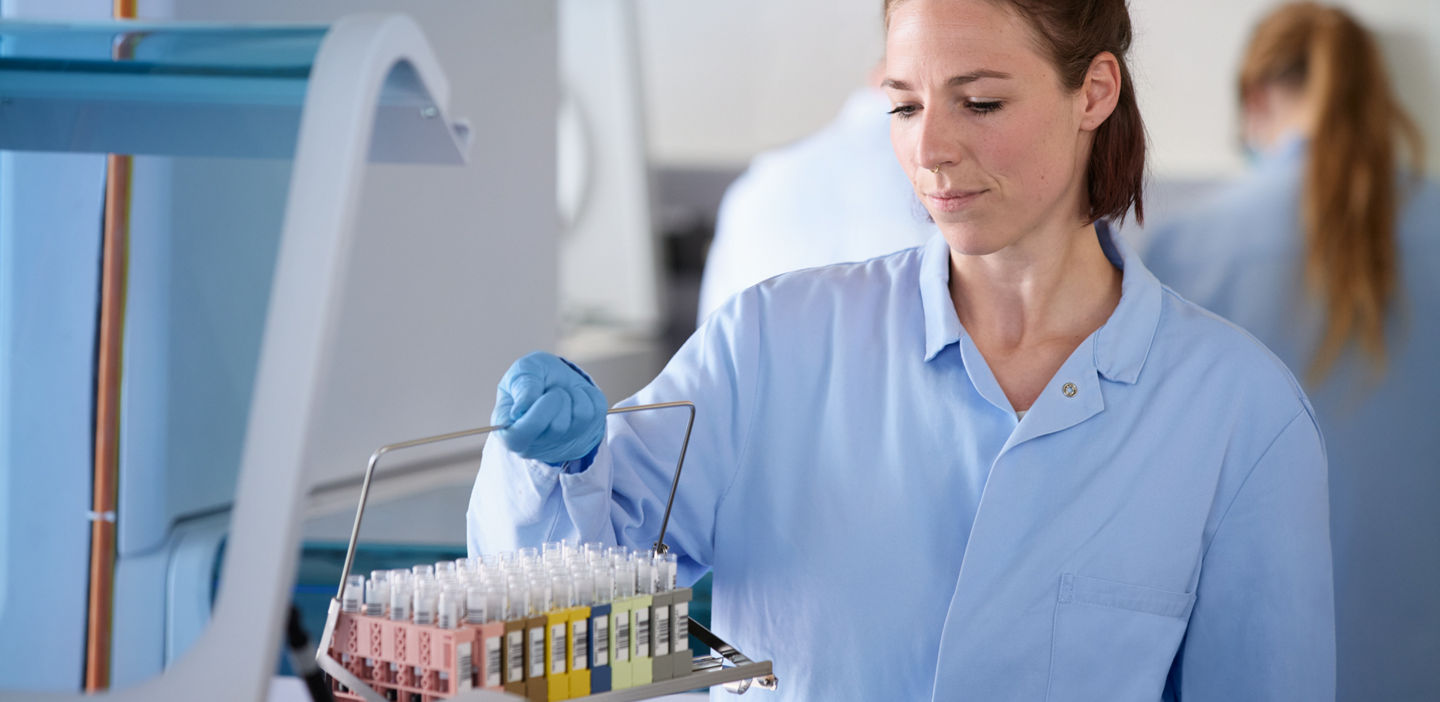Molecular diagnostics is a rapidly developing area of laboratory medicine that investigates human, viral, and microbial genomes and the products they encode. The molecular laboratory performs molecular diagnostic testing for nucleic acid targets in patient samples. Due to the incredible sensitivity and specificity associated with the use of molecular assays, molecular laboratories have the capability to more rapidly and accurately identify pathogens than laboratories that use more conventional methods.1
Molecular testing has, in the past, been seen as a more specialized area of diagnostic testing, but the shift towards personalized healthcare and a need to balance tight resources with increasing demand for healthcare services mean that these tests are set to play an increasingly important role in healthcare systems, across a number of different types of disease. Embracing laboratory trends like molecular diagnostics will ensure laboratories remain competitive.2

